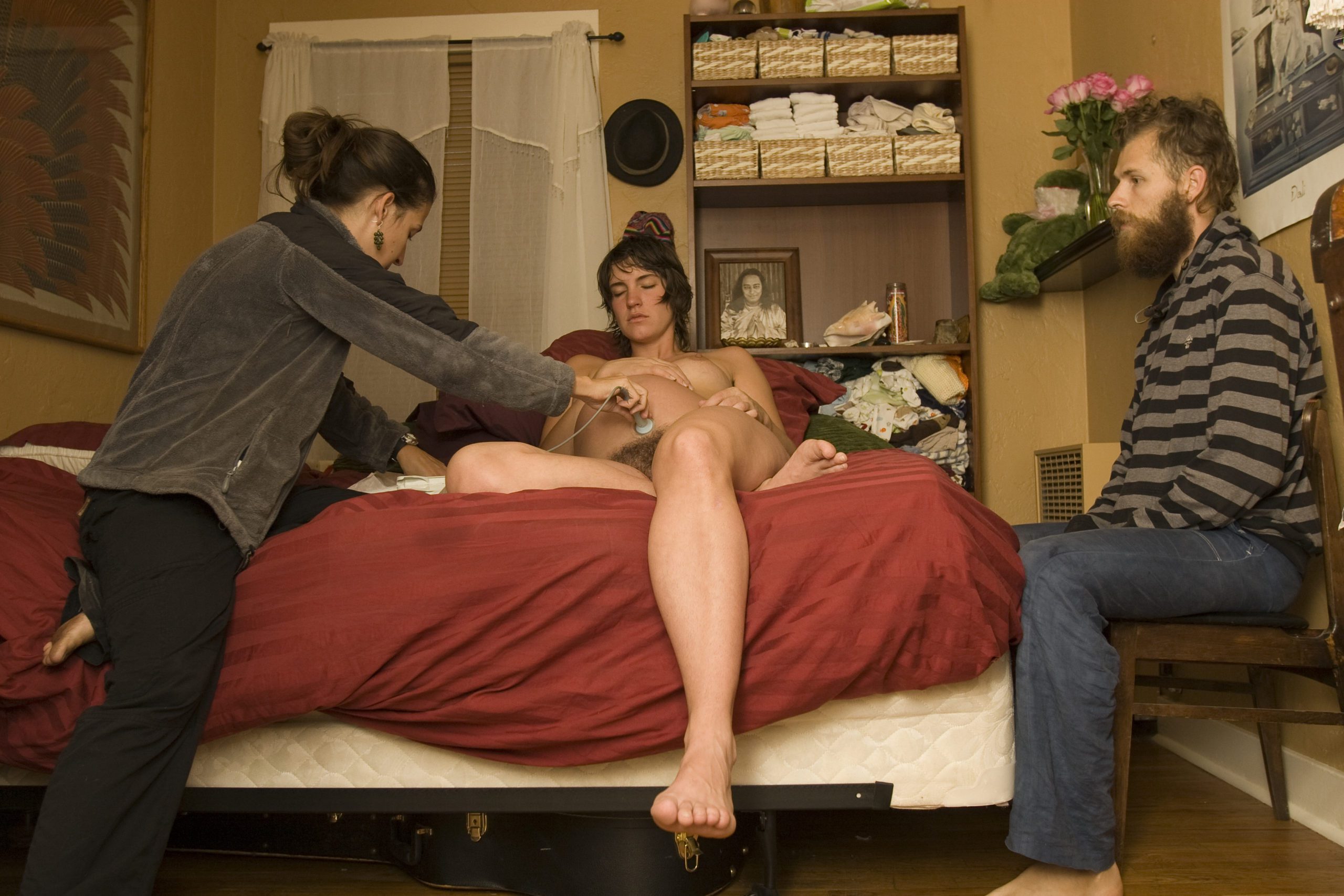When considering the vitamin K shot for a newborn, it is wise to look at the facts and evidence out there before making a decision. I believe that this, like any standard protocol, must be questioned and understood as fully as possible by the parents.
There is a lot of conflicting information out there about the AAP recommended vitamin K shot at birth.
There are schools of thought that say if you don’t clamp the cord, the baby receives a greater volume of blood (and “more” clotting factors because of it), negating the need for a vitamin K shot. But if vitamin K cannot be made by the baby until several days after birth (because this vitamin is synthesized in the gut, once the baby is getting colostrum, which also contains Vit. K) then perhaps some babies WILL need the injection.
—————————————————————————————–
Here’s what most everyone seems to agree on: babies are not born with very much VK in their systems. One group calls this a “deficiency”, hence the absolutely necessary VK shot to correct the “problem”. The other side claims that since the low levels of VK are seen in all newborns, how can we call what’s normal for them a “deficiency”? And what does this super-supplementation do to a baby that does not need it?
It seems to me that nature provided babies with “low” VK levels for a reason. One article (written by chiropractor Linda Palmer) suggests that because VK is responsible for cell growth, too much would allow the cells to grow out of control and perhaps cause cancer. In the most general sense, babies (like birth) are just how they should be and born with what they need to survive.
VK shots should not be given routinely. There are ways to begin providing and supplementing the baby’s body with VK shortly after birth if needed. Colostrum provides VK, as does breastmilk (although in small quantities), especially if the mom is supplementing or eating very VK rich foods. The baby’s gut will begin making it’s own VK as the intestines grow the necessary flora to do so.
There are often certain signs, certain risk factors that might be a clue that a baby either needs helps with clotting (“vitamin K deficiency bleeding”, or VKDB) OR has some other problem (like liver disease) that causes bleeding in the brain. In any case, VK may be warranted in these cases, whether it be an injection or oral.
According to midwife Anne Frye (“Understanding Diagnostic Tests in the Childbearing Year”), premature babies are more at risk for abnormal bleeding, as are babies with infections that would cause clotting problems, like syphilis. “Warning signs” of VKDB are any bleeding symptoms, unusual bruising that did not come from trauma, and extreme or lengthy jaundice, among others.





It seems as though there is something to this delayed cord clamping and its relationship to vitamin k as most other websites do not talk about it in detail. or even mention it. As I happen to be in a town that does not even have any midwives, it is very hard to relay information that is not of the establishment. I would be curious to know how much standard ob’s are open to delayed clamping (even though the delay is minimal-few minutes). Thank you for your website, this sort of information online is invaluable in smaller towns!
It seems as though there is something to this delayed cord clamping and its relationship to vitamin k as most other websites do not talk about it in detail. or even mention it. As I happen to be in a town that does not even have any midwives, it is very hard to relay information that is not of the establishment. I would be curious to know how much standard ob’s are open to delayed clamping (even though the delay is minimal-few minutes). Thank you for your website, this sort of information online is invaluable in smaller towns!
Hi, I agree with Maryn…nature doesn’t make mistakes in design. Sometimes, quite often lately, we Humans don’t all understand the design concept and think we can improve on it or correct it! How unbelievable is that?
Nowadays in 2015 many hospitals in Australia are delaying cord clamping but not by very much. Home birth midwives have been giving much more time and wait for the cord to stop pulsating. There is a great book by Sarah Wickham about Vit K, available from UK midwifery sites like A.I.M.S. Association for Improvements In Maternity Services. I’m afraid I lent my copy to someone and don’t have the exact details.
best wishes, Maia